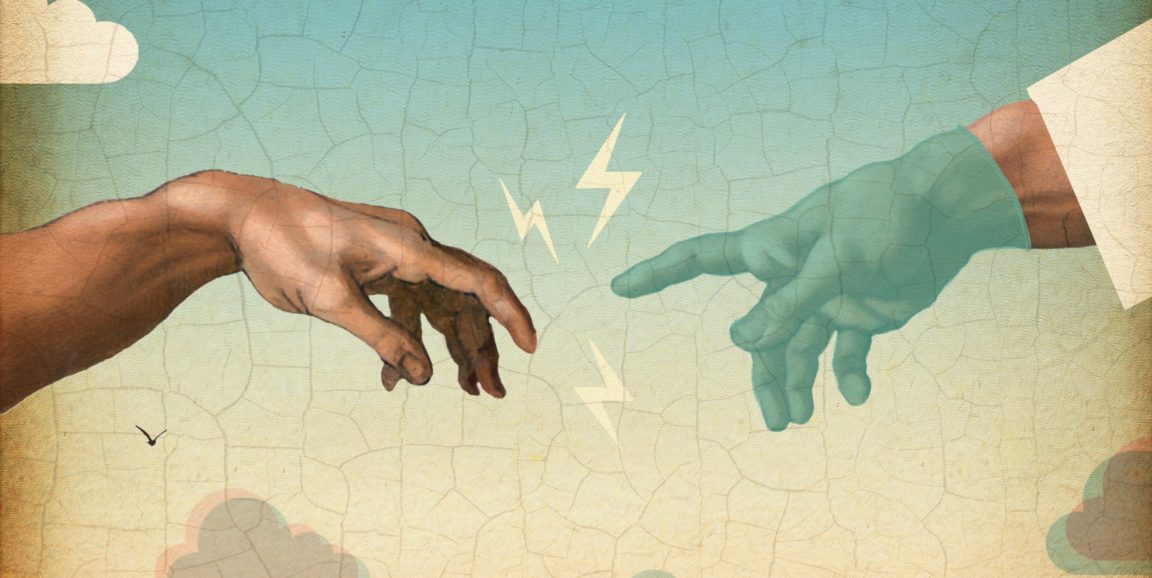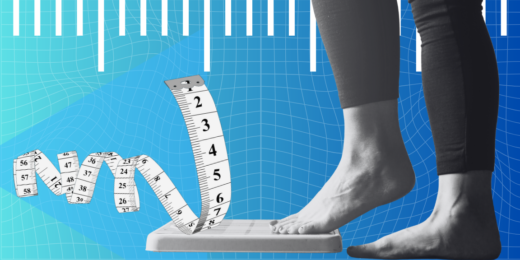I must confess that I've found myself recently wondering what, really, is the big deal about Frankenstein. I kind of got it. It is remarkable enough that a 200-year-old book continues to capture our attention. Books just a few years old, after all, can seem painfully dated. And it's got a monster - people like monsters, I get that.
But: the big hullabaloo?
Well, I'm in the dark no longer thanks to a lovely piece in the latest issue of Stanford Medicine magazine written by Audrey Shafer, MD, an anesthesiologist who directs Medicine and the Muse program.
"Frankenstein is not only the first creation story to use scientific experimentation as its method, but it also presents a framework for narratively examining the morality and ethics of the experiment and the experimenter," Shafer writes.
Today, we realize that many experiements can go wrong, horribly wrong, and have crafted regulations, committees and more to provide at least some level of protection. Yet, as Shafer writes, it is "impossible" to fully predict all the consequences of our actions.
Frankenstein can help us consider the potential ramifications of a variety of endeavors in "genetic engineering, tissue engineering, transplantation, transfusion, artificial intelligence, robotics, bioelectronics, virtual reality, cryonics, synthetic biology and neural networks." And I'm sure that's not comprehensive.
She writes:
We, as physicians, health care providers, scientists and people who deeply value what life and health mean, cannot shy away from discussions of the potential implications of science, technology and the social contexts which give new capabilities and interventions even greater complexity...
...
We need to discuss the big questions surrounding what is human, and the implications of those questions...
Studying and discussing works of art and imagination such as Frankenstein, and exchanging ideas and perspectives with those whose expertise lies outside the clinic and laboratory, such as artists, humanists and social scientists, can contribute not just to an awareness of our histories and cultures, but also can help us probe, examine and discover our understanding of what it means to be human...
Indeed. Dive in, the magazine issue - sparked by Frankenstein but tackling much, much more - is waiting.
Illustration by Michael Waraksa




